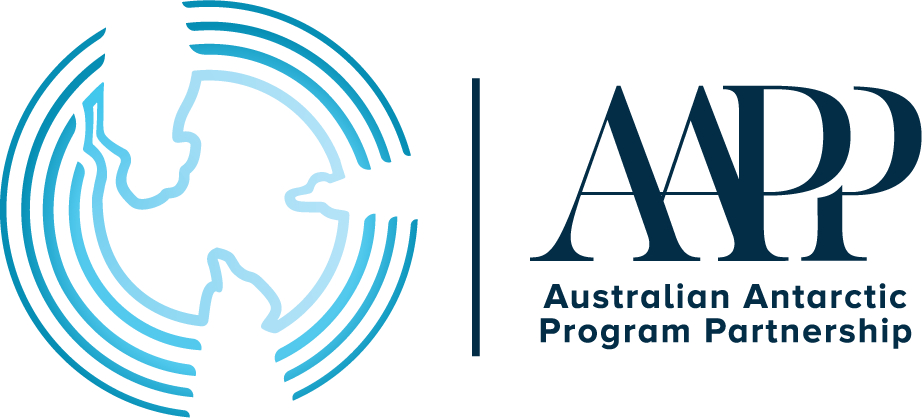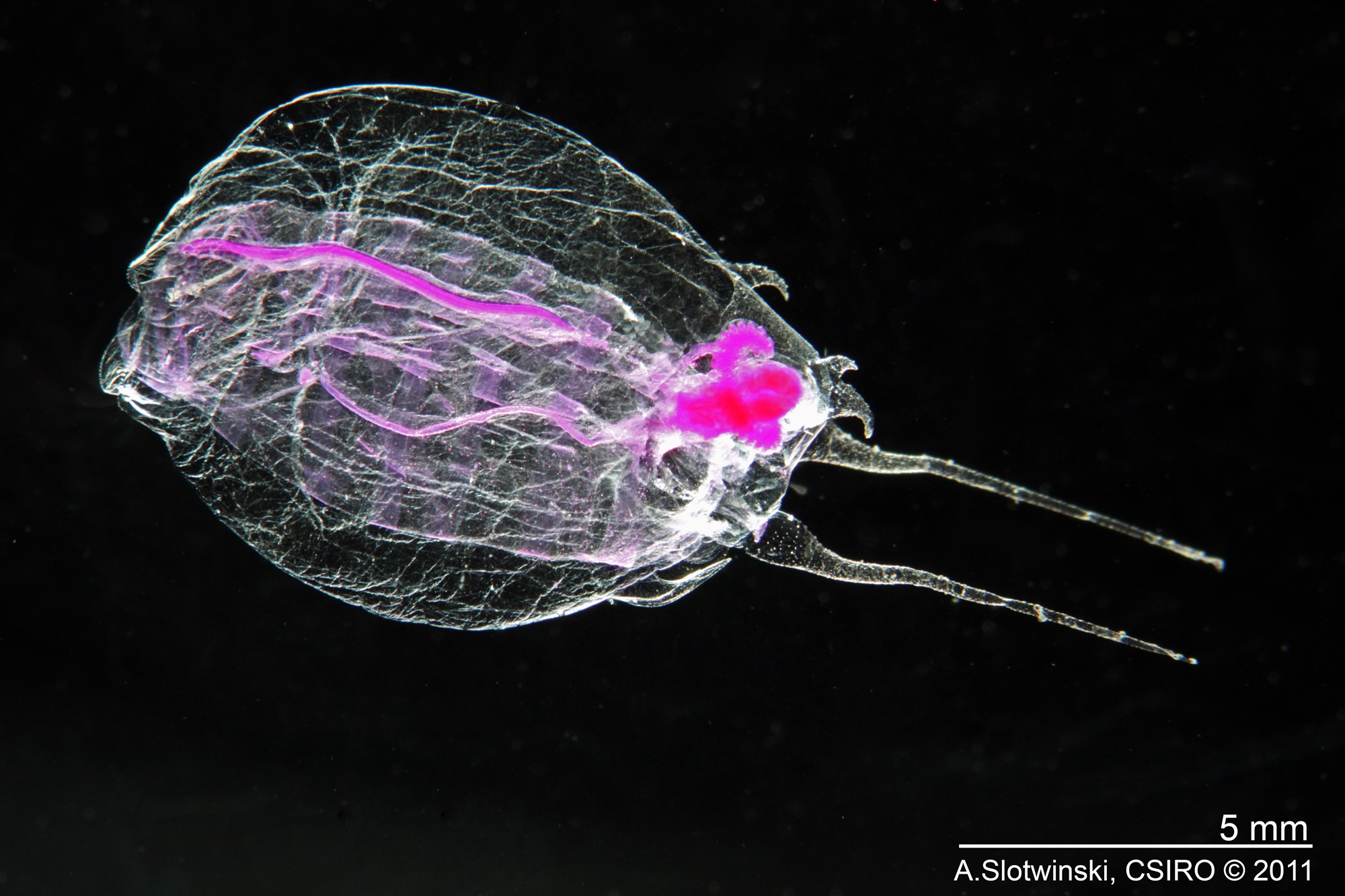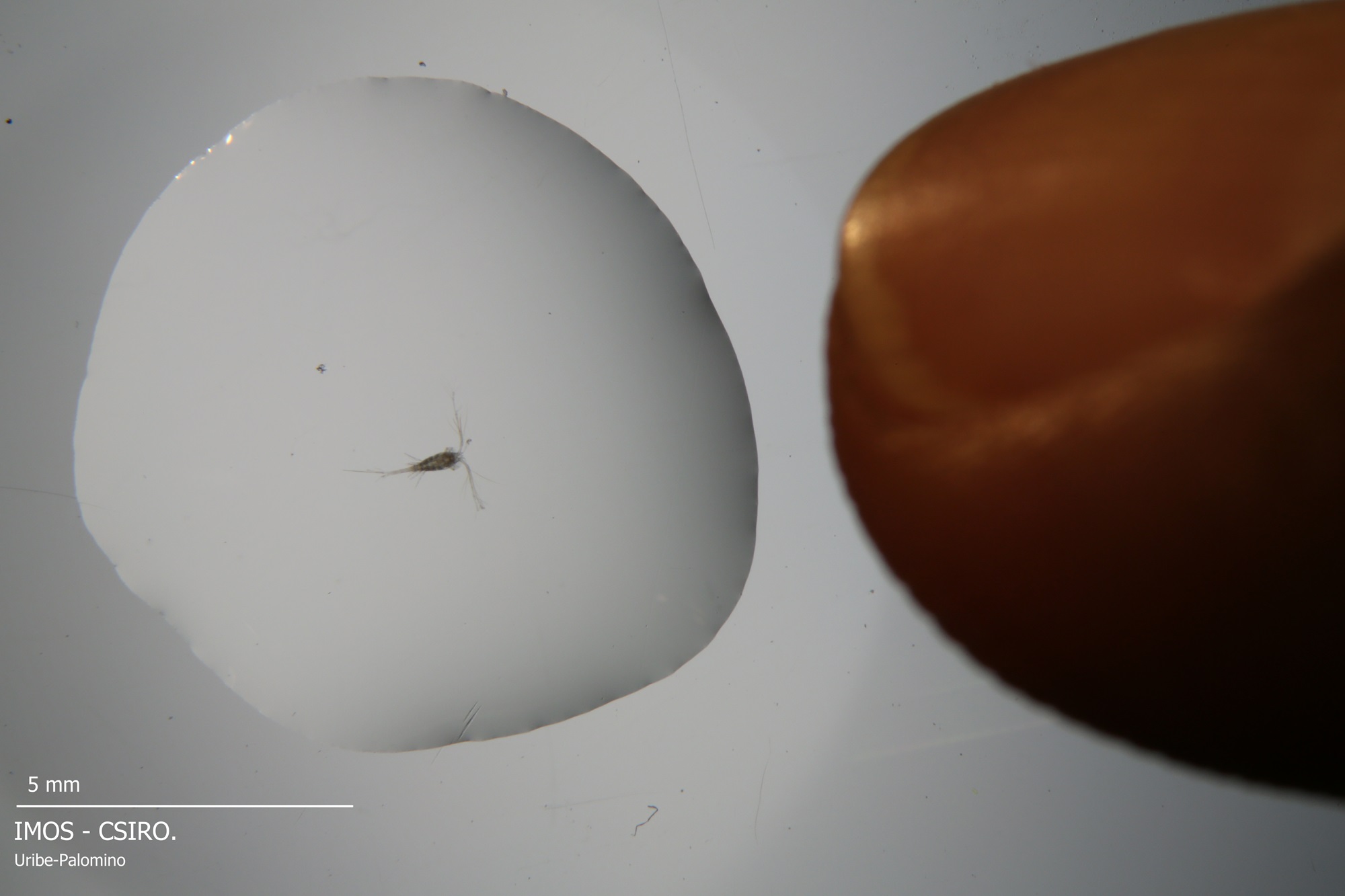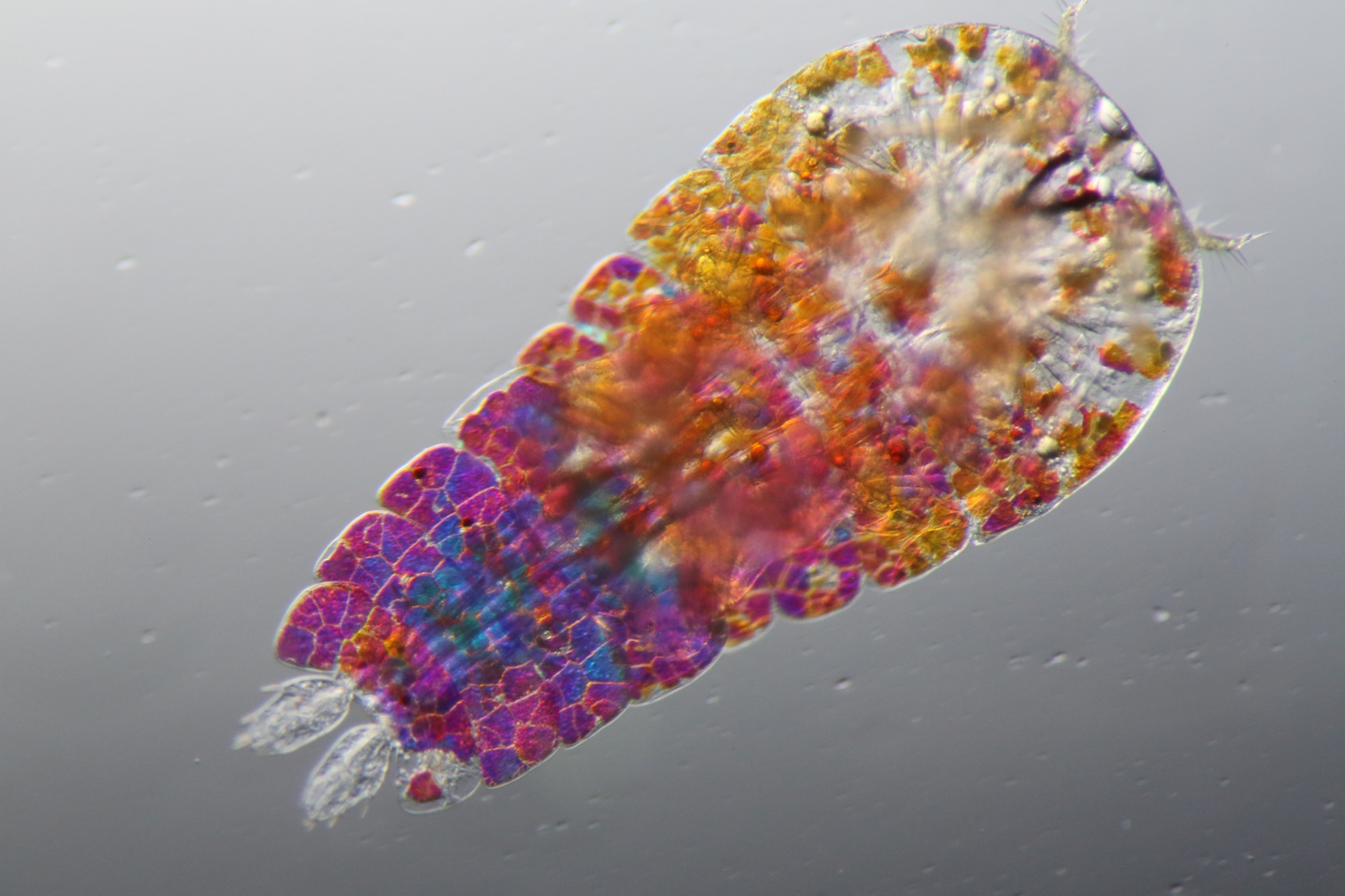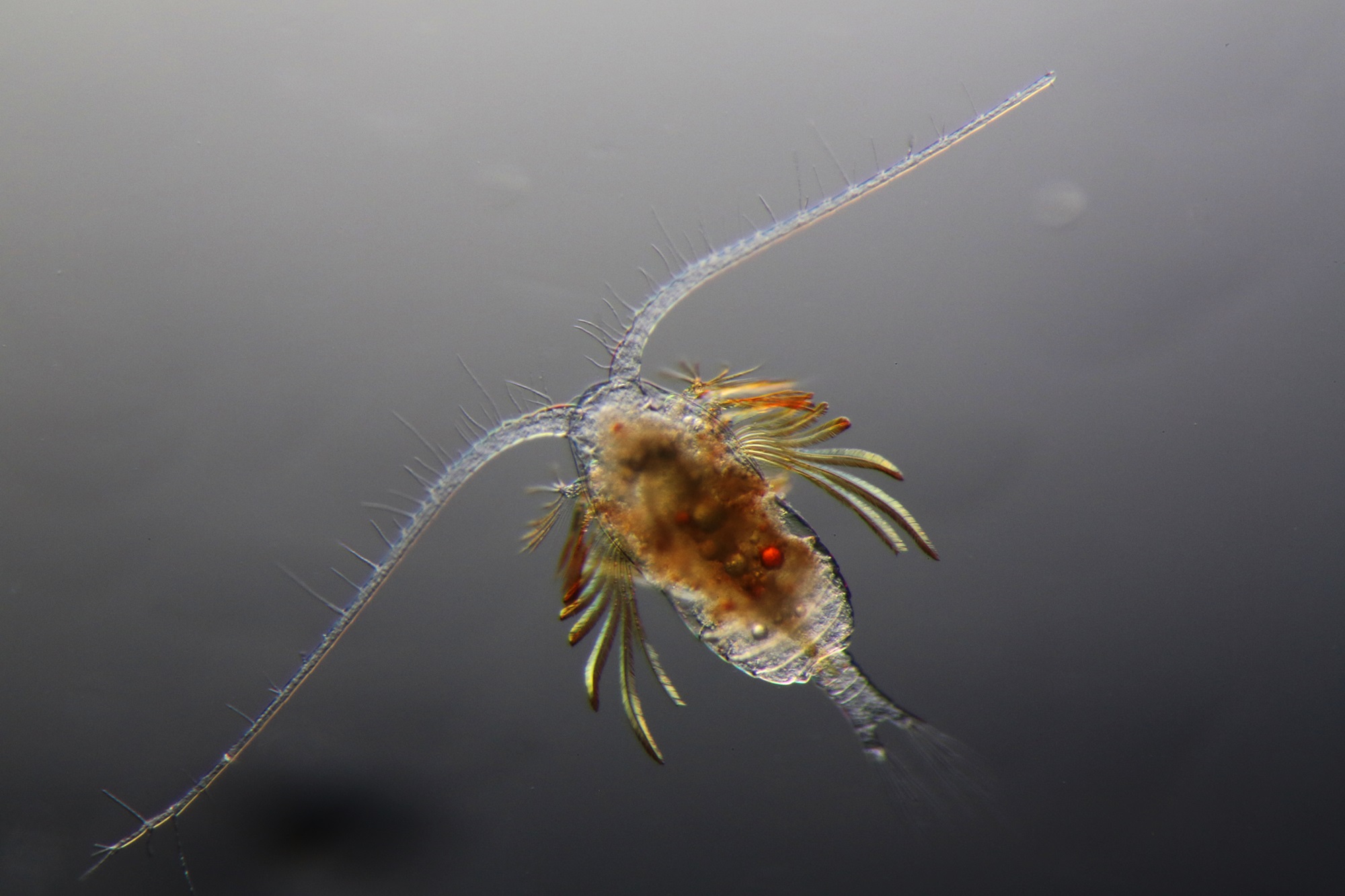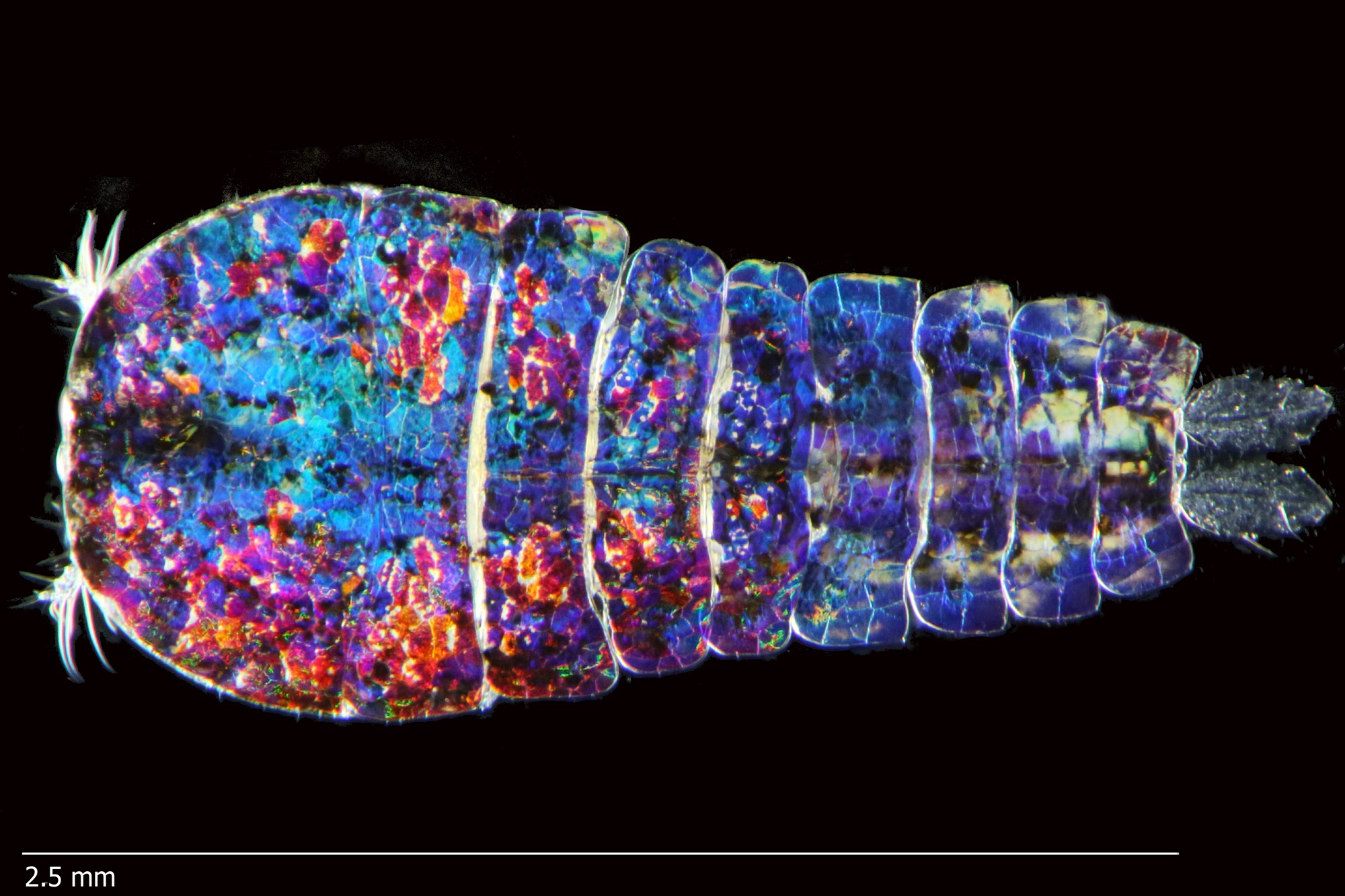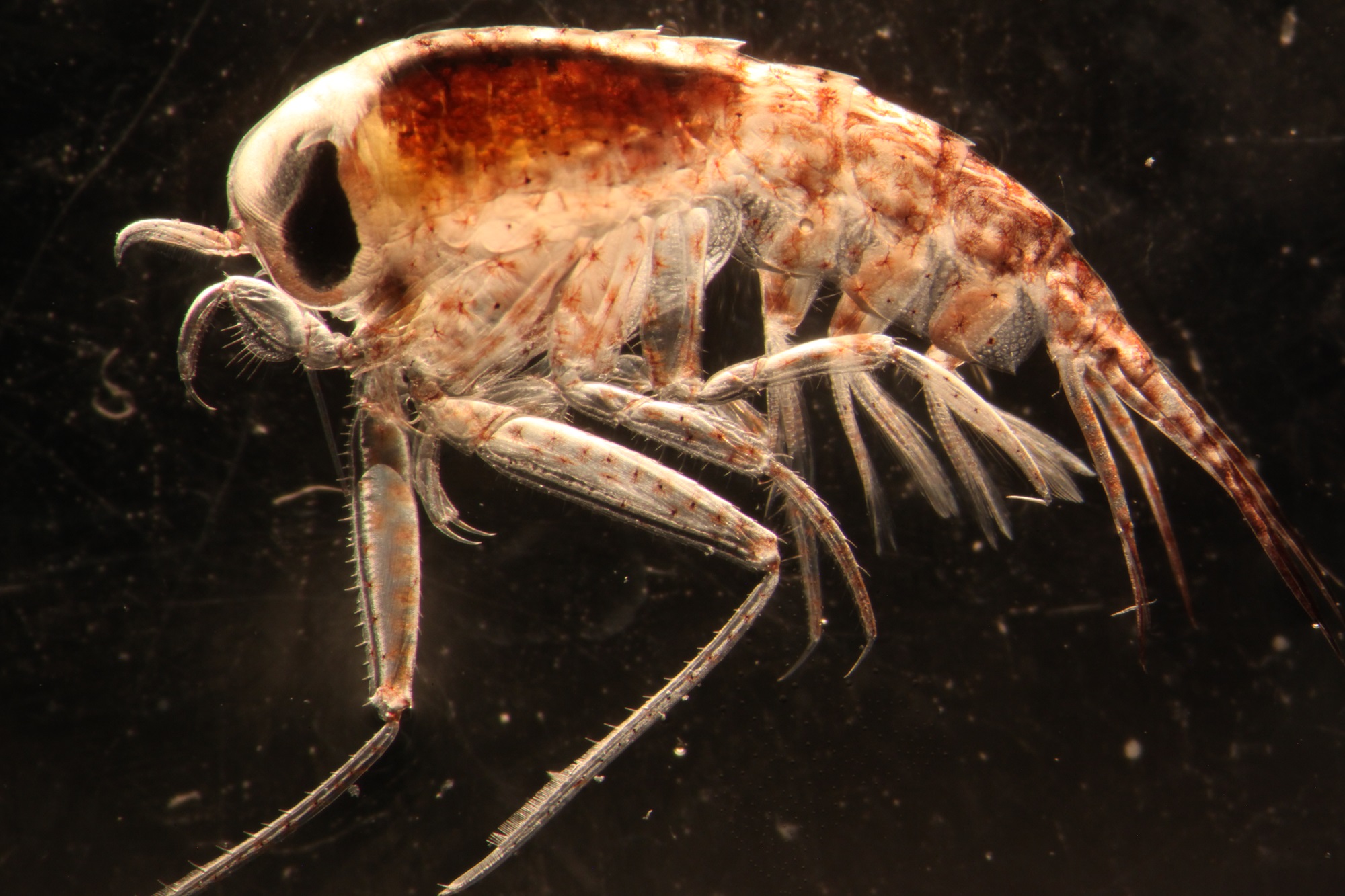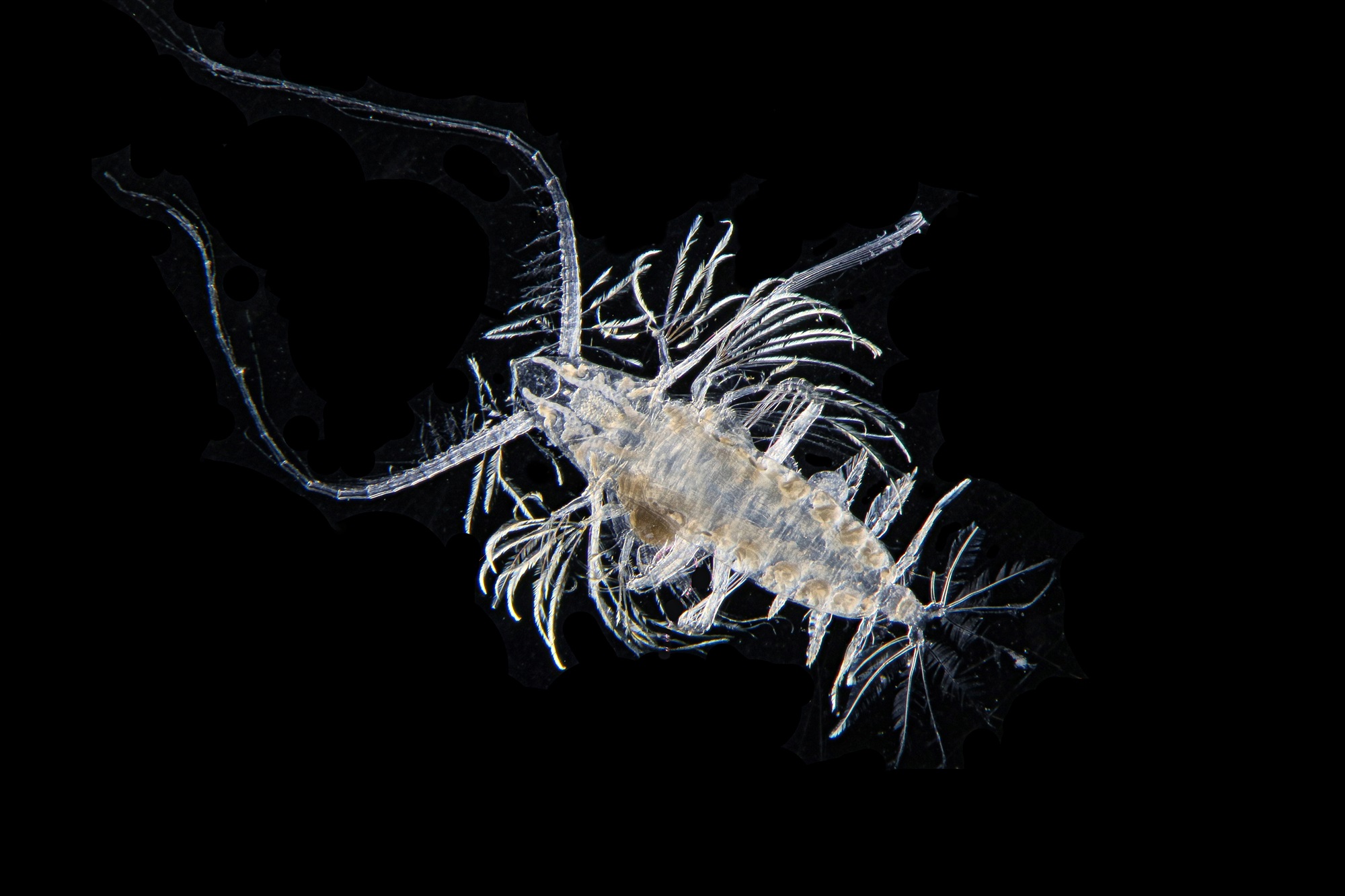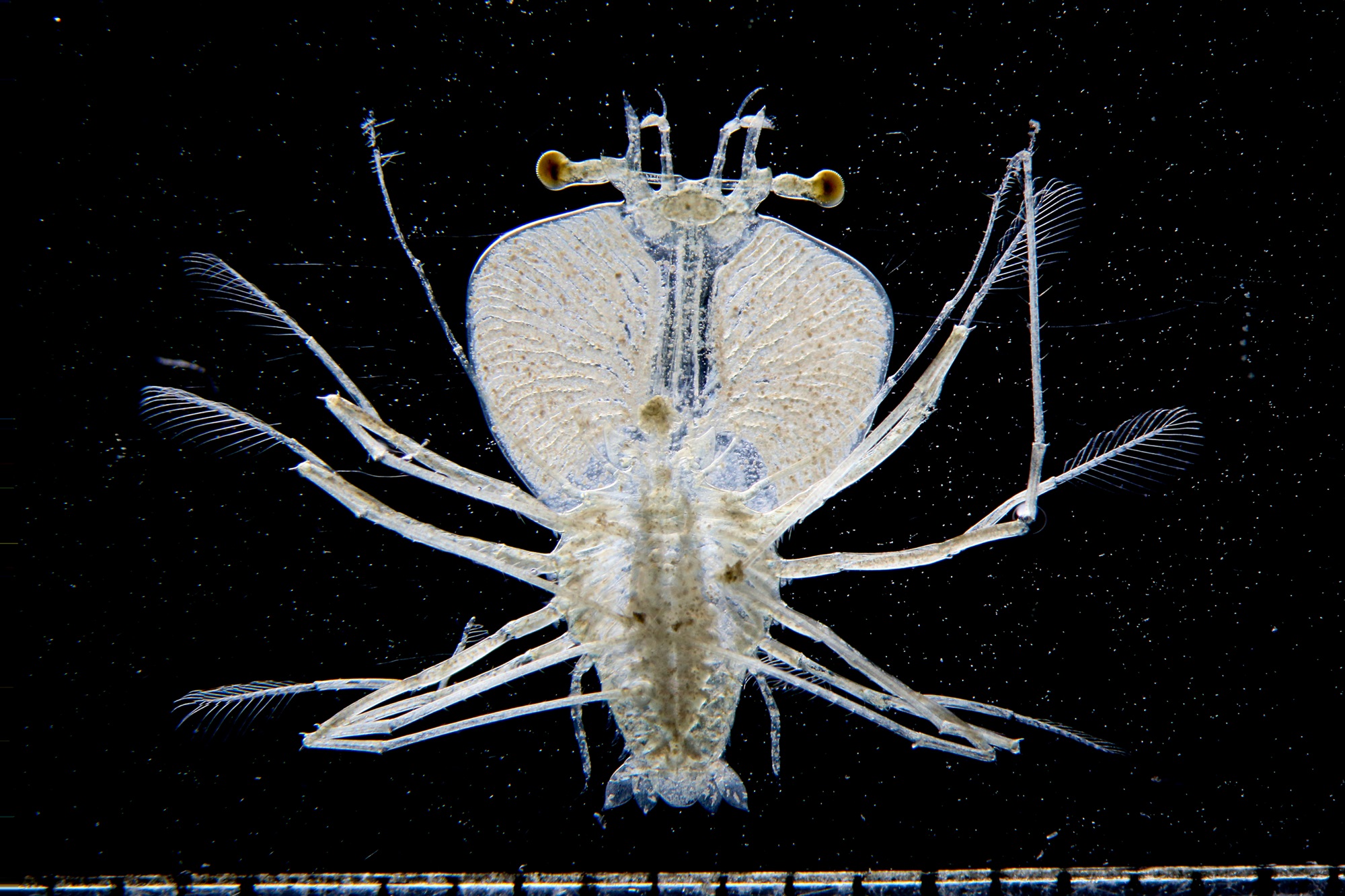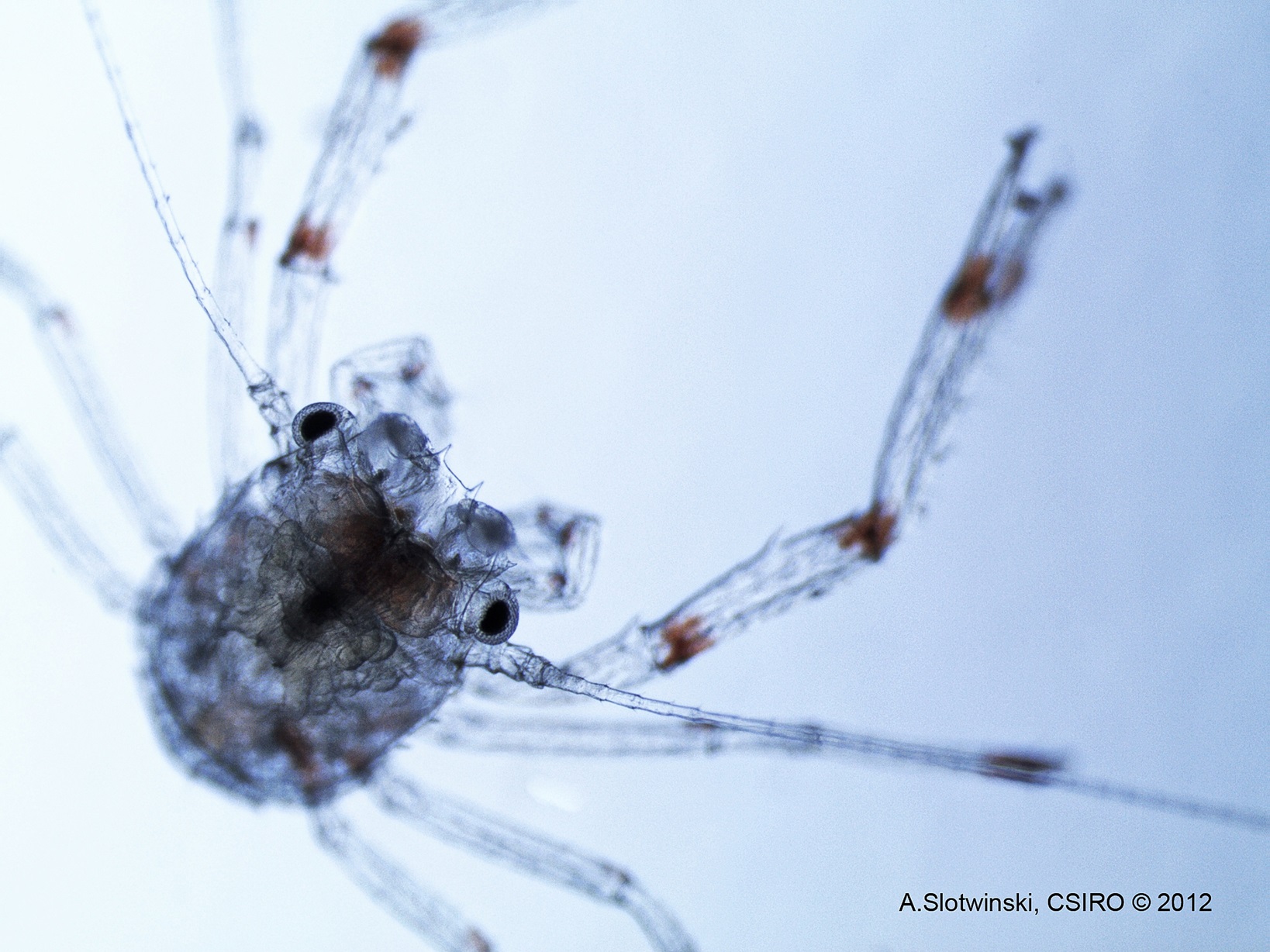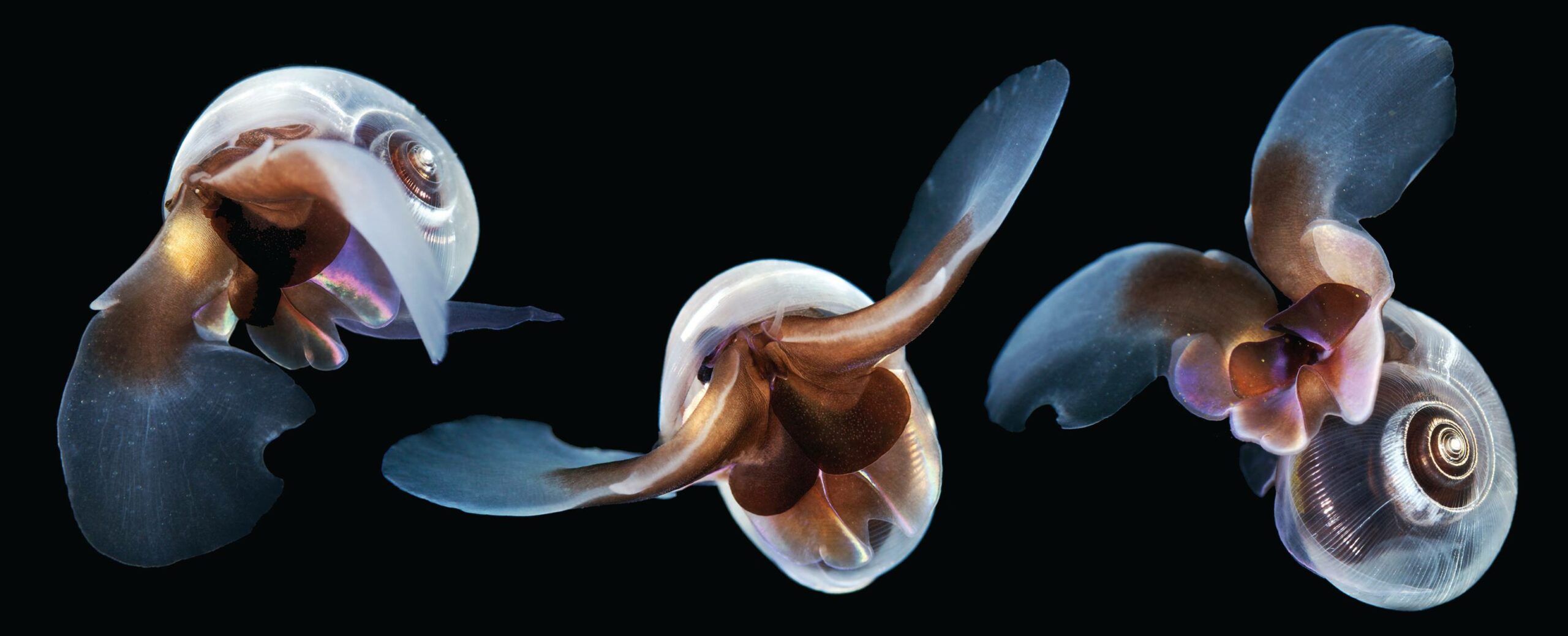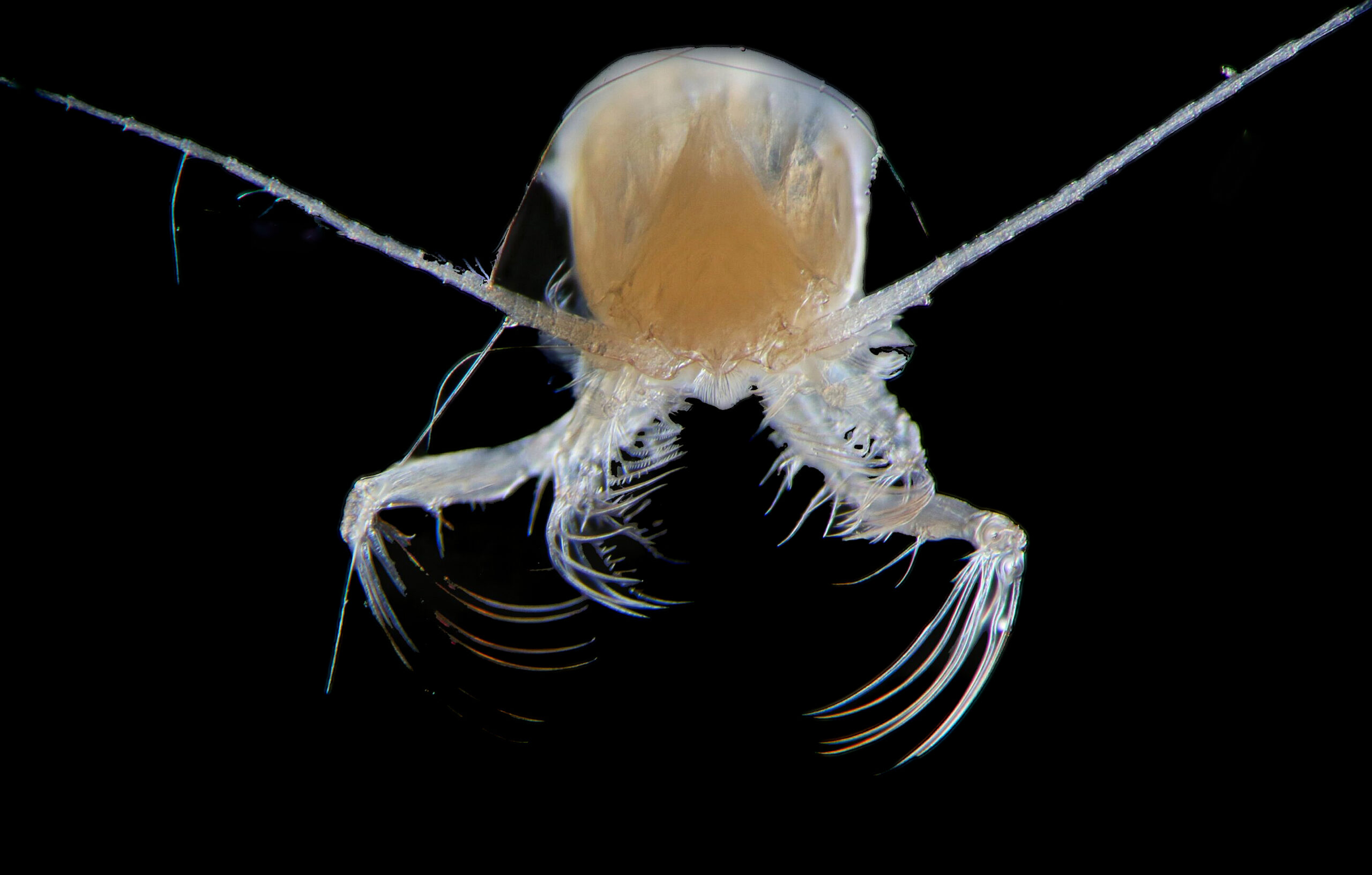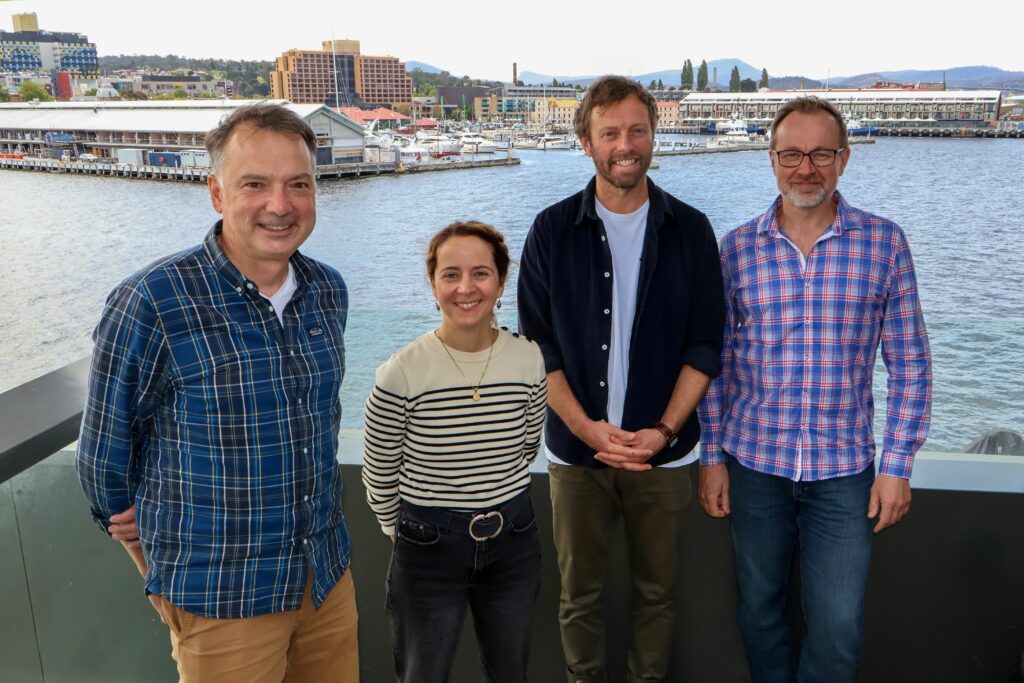Small but mighty: Marine zooplankton bring global meeting to Hobart
14 March 2024
More than 340 scientists from 38 countries gather in Hobart next week for a major international conference about marine zooplankton, the most abundant and diverse ‘eco-influencers’ on the planet.
As the estimated 28,000 species of animals that drift with ocean currents and eat plant-like phytoplankton and other microbes, marine zooplankton play a pivotal role as productivity boosters, nutrient recyclers, carbon transporters, and food for fisheries and iconic wildlife.
The 7th International Zooplankton Production Symposium (17-22 March) is organised by the North Pacific Marine Science Organisation (PICES) based in Canada, the International Council for the Exploration of the Sea (ICES) based in Denmark, and the Australian Antarctic Program Partnership (AAPP) at the University of Tasmania.
AAPP ecologist Assoc Prof Kerrie Swadling at the Institute for Marine and Antarctic Studies said the symposium is bringing together top zooplankton researchers from around the world for the first time in eight years.
“Over the last decade we are seeing more climate-related changes as oceans warm and acidify, along with increased pollution and intensified exploitation such as overfishing.”
“How zooplankton respond to these dramatic changes in marine ecosystems will impact the health and productivity of our oceans and our planet — this will be a key theme of our symposium,” she said.
PICES Executive Secretary Sonia Batten said the symposium is an important opportunity for the global zooplankton research community to meet and discuss science priorities.
“With several hundred attendees from Europe, Africa, Asia, North and South America, Australia and New Zealand, about half are early-career scientists.”
“More than 360 papers have been submitted about zooplankton communities and food webs from all over the world.”
“They cover a diverse range of research topics, such as zooplankton under sea ice, the impacts of marine heatwaves, the effects of microplastics, and the use of environmental DNA to unravel zooplankton communities,” she said.
Leader of the Australian Antarctic Program Partnership, Prof Nathan Bindoff, said that the AAPP is proud to be a primary sponsor of the symposium.
“In this critical decade for climate action, our research program aims to improve understanding of the role of Antarctica and the Southern Ocean in the global climate system, and marine zooplankton play a starring role.”
“The AAPP takes a multidisciplinary approach that integrates physics, biology and chemistry to understand how the connections between ocean, atmosphere, ice and marine life influence the climate,” said Prof Bindoff.
In parallel with the symposium, a science-art exhibition featuring zooplankton is open at the Tasmanian Museum and Art Gallery in Hobart from 17-22 March.
READ MORE — Mind the gaps: Marine zooplankton futures in a warming world
